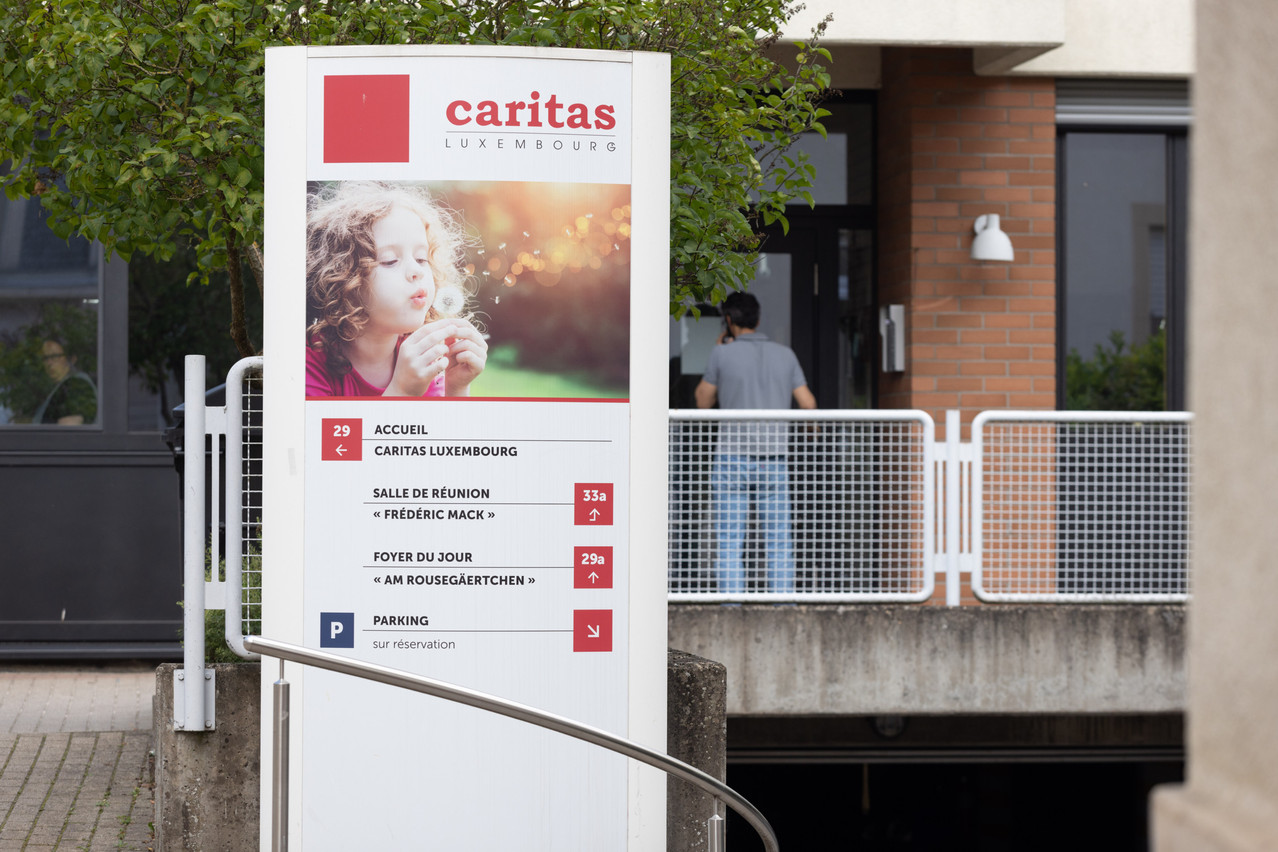The Association de soutien aux travailleurs immigrés (association for the support of immigrant workers) could have been constructive. And to say how it saw the continuation of the activities of Caritas, which has been robbed of more than all its financial resources. But in a blog post entitled “Le danger d'une dérive démocratique: le scandale Caritas, le pouvoir exécutif et la société civile” (”The danger of a democratic drift: the Caritas scandal, executive power and civil society”), by the not-for-profit association without further clarification, it criticises, point by point, the decisions taken so far.
“The executive is taking over from the church. It is doing so at full speed, by setting up supervisory bodies, not from civil society but from players, mostly economic and close to the government,” writes Asti.
“On the one hand, the head of the executive declares that Caritas is not the state and, on the other hand, plays a decisive role in the hasty establishment of a dedicated replacement structure dependent on him, which bears the convoluted name of HUT.”
Read also
“This manoeuvre achieves two things. First, it is intended to legitimise the notion that social players are merely ‘service providers.’ It is also intended to regulate and control communication (apart from that from the public prosecutor’s office, which we are eagerly awaiting) and prevent any ‘slippage,’” continues Asti.
“In the absence of any reaction that goes beyond the usual banalities of the political world, we need to be on our guard and vigilant,” the association writes. “These extensions of an act of high financial delinquency are leading us down a slope that risks causing undemocratic excesses that are difficult to control. Both NGOs and the general public need to join forces to prevent this undesirable development from continuing. Everyone, including governments, must realise the importance of civil society as an essential guarantor of the stability and richness of our democracies. Its values deserve to be protected come what may.”
Asti also pointed out that the fragility of the governance of civil society players is quite rare, that the structures are robust and well managed; that social action relies on two legs, funding from “bourgeois society” and civil society; and that Caritas, despite its denominational orientation, “has on many occasions been the voice of empathy, understanding and criticism of administrative violence.”
This article was originally published in .
